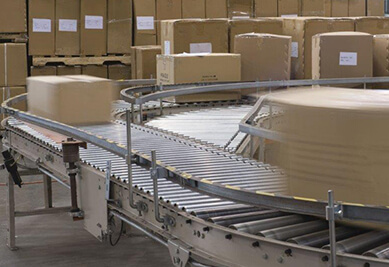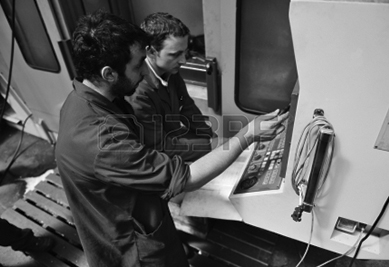- Why DKM for NetSuite Manufacturing
- NetSuite Manufacturing Clients
- NetSuite Manufacturing Features
- NetSuite for Your Production Methods
Manufacturing Excellence
Are you looking for a NetSuite solution provider with deep manufacturing consulting expertise?
DKM has helped over 200 manufacturing companies with their ERP implementations.
Call us at (213) 688-1010.
DKM has led over 200
successful ERP implementations for
manufacturers. Learn more about
NetSuite manufacturing.
Schedule a Consultation(213) 688-1010



































